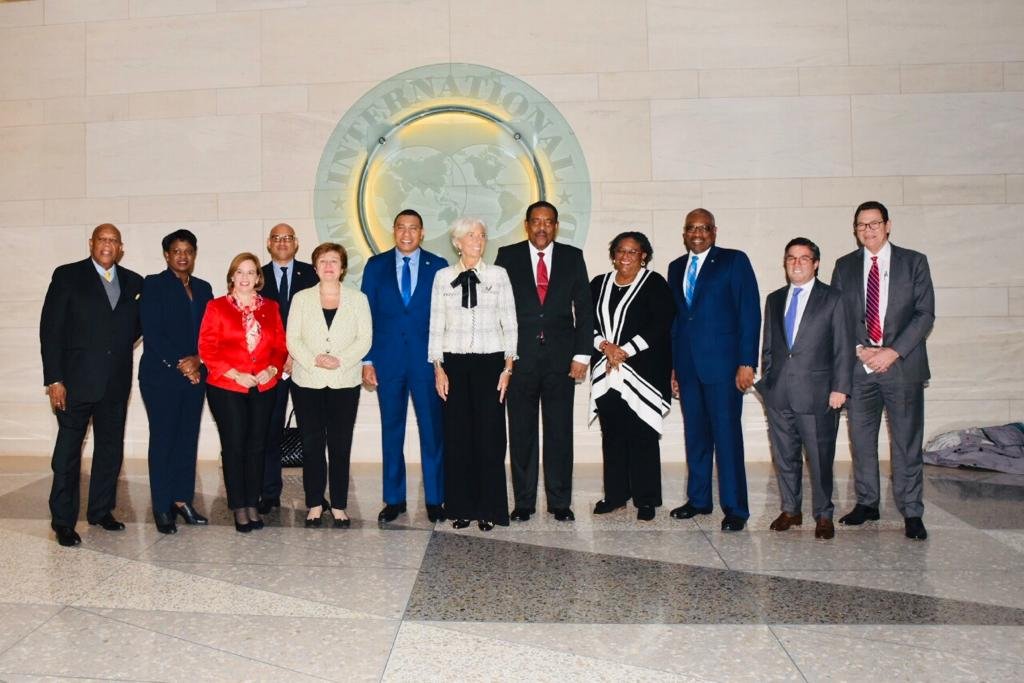Prime Minister Dr. Hubert Minnis yesterday encouraged countries in the Caribbean region to create a disaster relief fund as part of a proactive and responsible approach to mitigating against the severe financial fallout natural disasters represent.
Speaking at the International Monetary Fund/World Bank/Inter-American Development Bank conference on ‘Building Resilience to Disasters and Climate Change in the Caribbean’ held in Washington, D.C., the prime minister recalled the devasting impact of Hurricane Matthew, which tore through parts of North Andros and Grand Bahama in October 2016.
In the aftermath of the storm, the government borrowed $150 million for rebuilding efforts.
Dr. Minnis said if the Bahamian government does not divert funds quickly to repair and rebuild following a natural disaster, there is a damaging knock-on effect to the country’s tourism and financial services products.
He said other countries in the Caribbean are not dissimilar.
“First-world nations — those that contribute greatly to climate change and commence towards [understanding] that we are innocent bystanders — they would match that fund and, in many instances, even donate a lot more than [the] percentage of GDP would have contributed,” Dr. Minnis said.
“Most importantly, that fund would be utilized especially for the replacement of your infrastructure; that is the bridges, the roads, the airports — not for homes or any other thing — because the infrastructure is what determines our economic survival.
“What is also important if we are to establish such a fund, then it is essential as Caribbean nations… we must share some degree of responsibility and therefore our homes must meet standards and codes to resist the hurricanes that we see today.”
Dr. Minnis said if Caribbean countries do not meet that responsibility, “it should be more difficult for you to access such funds”.
Last week, the prime minister revealed that the government will use funds from dormant accounts to establish a disaster relief fund in The Bahamas.
According to the prime minister, The Bahamas could receive $41.3 million based on assessments at the end on June from accounts that have passed the dormancy threshold of 17 years.
Yesterday, Dr. Minnis recommended that funds contributed by the international community to a country’s disaster relief fund ought to be accounted for differently, so as not to impact the countries debt to GDP ratio.
“That must be placed in a different category of funding that we can access, even if it means we must repay that fund… at a later stage, [and be] given [a] two, three, four or five-year delay before it is paid, and at a lower interest rate…,” he said.
“But I think it is essential that it must be treated independently so as not to affect our debt to GDP.”
Dr. Minnis also noted that a lot of Bahamians to do not insure their homes because it is cost prohibitive.
He said roof damage is the most common in a hurricane.
He recommended a new approach to household insurance where policies are offered for different components of the home, such as the foundation, walls, windows and the roof.
“That would result in the cost of the insurance premiums decreasing dramatically and more of our people would then be able to insure their facilities because most people within our community would only insure the roof as opposed to the other components,” he said.






